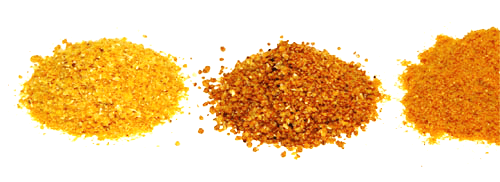New Data on Corn Ethanol DDGS Tells Old Story – Some New Insight Included

I’ve discussed on the blog before the variable and low-quality nature of dried distillers’ grains with solubles (DDGS), a plentiful and inexpensive by-product of the corn ethanol fuel industry. This ingredient is often used to cheapen animal diet formulations, but for nutritionists and producers, DDGS in formulations represents increased risk due to abundant variation in nutrient content from batch-to-batch. Prediction equations have been developed and revised to try and estimate available energy for growth performance. The results of these efforts to develop equations yielded some unflattering information on DDGS. Indeed, when developing a prediction equation to estimate energy available in DDGS for growth, it was determined that the residual oil in DDGS was not an important factor in predicting available energy – simply put, residual oil in DDGS is low quality (i.e., it does not predict how well chickens grow).
Having rehashed all this, some new data on monitoring and predicting the energy available in DDGS was unveiled recently, and it appears to be retelling this old story. For example, the researchers gathered samples of 97 batches of DDGS from around the world, and the apparent metabolizable energy (AME, or energy that can be used to support growth, in this case for chickens) values ranged from 1,727 to 3,628 kcal/kg (dry matter basis) – a huge amount of variation that must be dealt with in a formulation.
The new insight in the article was found in a new prediction equation for determining energy in DDGS. This time, the researchers used actual energy measurements from chickens, as well as compositional data from a lab. Older prediction equations relied on laboratory data. When comparing all of these equations, the new one that included animal data was found to be superior – in particular, it better predicted (but not perfectly) when DDGS was lower quality.
If you’ve read our blog at all, you would know that we have used animal experiments from the beginning to develop our equipment, processes, and ingredients – in particular dry extruded whole soybeans (“extruded full-fat”) and ExPress® soy meal. We’re not playing catch-up like most everybody else – this is how we started. Ingredients are supposed to feed something, not just make a bigger pile.
Speak with us about how to make high-quality, consistent ingredients for feed and food.



